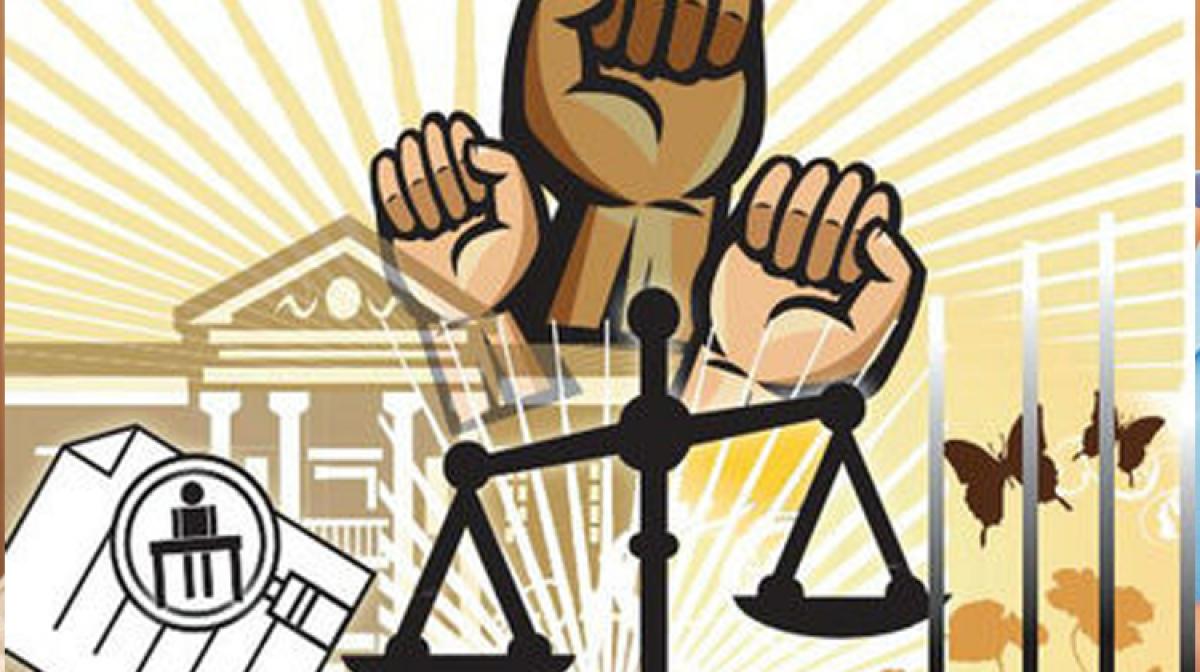New ray of hope

It is, indeed, a laudable move, though belated, by the Centre to replace the Consumer Protection Act (CPA) of 1986 with a new Consumer Protection Bill which the Union Cabinet approved on Wednesday. It is expected that the new bill, which would most likely be tabled in Parliament during the winter session, would redress the grievances of consumers fast and in a better way.
It is, indeed, a laudable move, though belated, by the Centre to replace the Consumer Protection Act (CPA) of 1986 with a new Consumer Protection Bill which the Union Cabinet approved on Wednesday. It is expected that the new bill, which would most likely be tabled in Parliament during the winter session, would redress the grievances of consumers fast and in a better way.
The CPA hardly contained any provisions to address issues and concerns arising out of e-commerce, telemarketing, digital marketing, online marketing, multilevel marketing, complex nature of goods and services.
The modern market place has become so complex with a plethora of goods and services that it is pushing the consumer into a state of confusion and indecisiveness in the matter of exercising his or her informed choice. As a result, the consumer has become increasingly vulnerable to new forms of unfair, unethical and unconscionable business practices.
The Bill proposes to make endorsers or brand ambassadors accountable in case of misleading advertisements by imposing fine and ban for a period from endorsing. Significantly, the new bill envisages introducing a Central Consumer Protection Authority to protect the consumer from the unfair trade practices. The Authority will have power to recall the products, order refunds and initiate class action suit against a firm. In a bold attempt, the Bill further amplified focus on unfair trade practices.
The sale of goods or services without issuing a bill, cash memo or receipt and issuing bill without mentioning the name of purchaser, refusal to take back goods or services within the defined stipulated period and disclosing information received from purchaser in confidence to third party except under the circumstances permitted by law are added to the already existing category of unfair trade practices.
As the refusal to issue bill or cash memo has been recognised as an unfair trade practice, aggrieved consumers will have better chance of securing justice. In one of its salient features, the Bill also provides for electronic filing of complaint to enable the consumer to file from anywhere. The admissibility of the electronic complaint should be determined in 21 days and failing which the complaint should be deemed to be admitted.
The Bill also introduces mediation as an alternative dispute resolution mechanism. If the complaint appears to the Consumer Disputes Redressal Commission that there exists an element of settlement, the Commission shall direct the parties for mediation except in those cases involving grave threats to life and grave physical or mental injury.
In another significant move, the Bill proposes to bring transparency in the appointment of presidents and members of district forums which would do away with political and bureaucratic meddling in appointments. The existing consumer law has several drawbacks as it is out of sync with the fast-changing market scenario. The Bill stands to be much stronger and further in accordance with the changing market scenario.
However, one should always remember that expeditious disposal of consumer disputes and effective and timely implementation of the law forms the bedrock principle of an effective consumer protection. For this to materialise, awareness of consumers is imperative.















